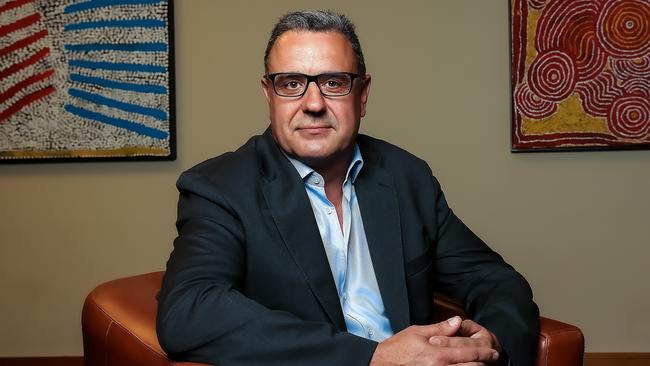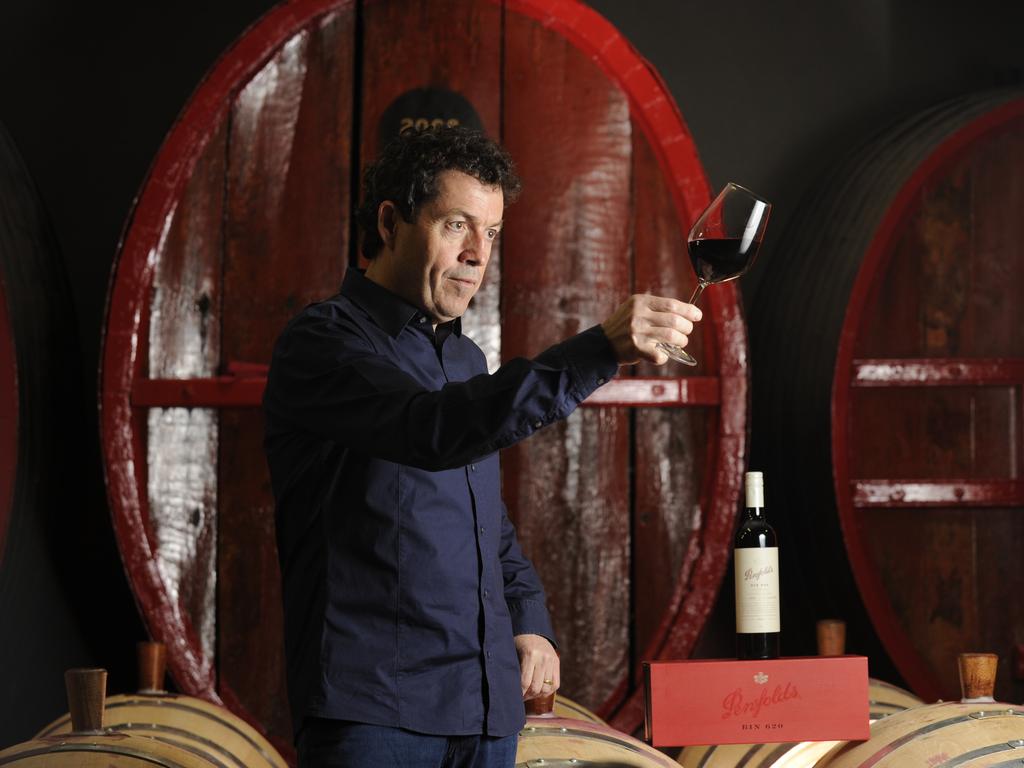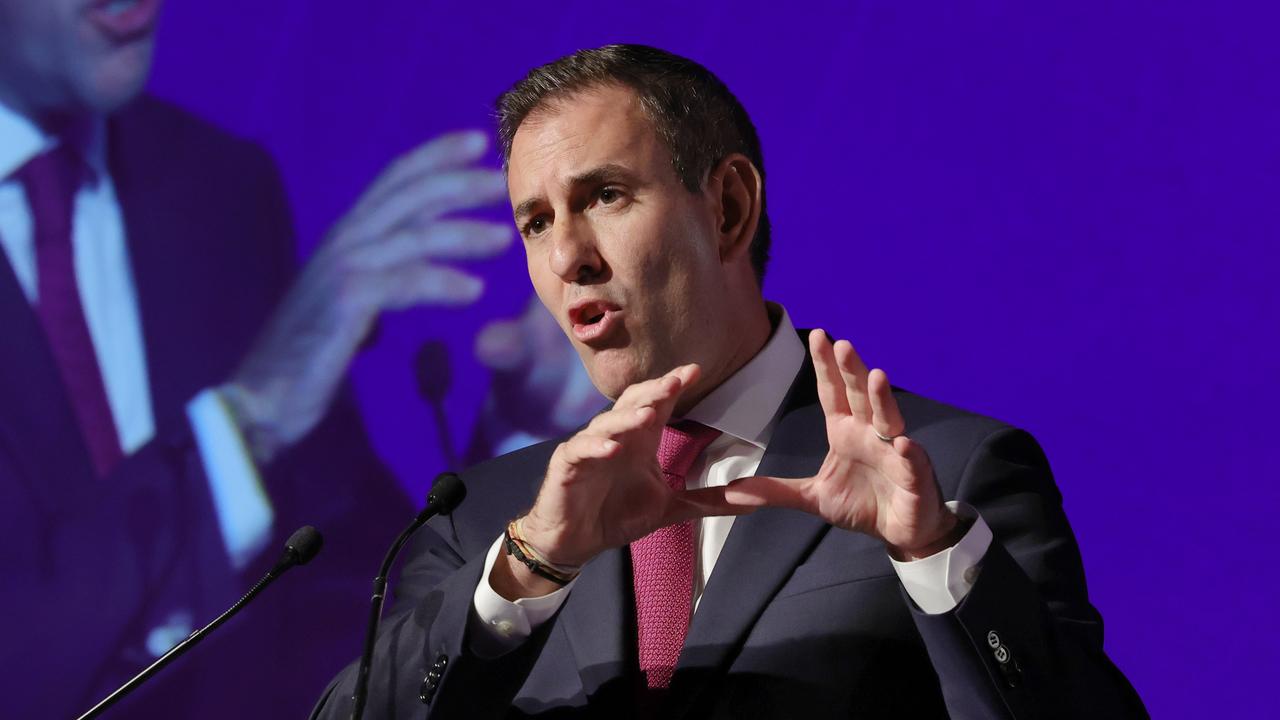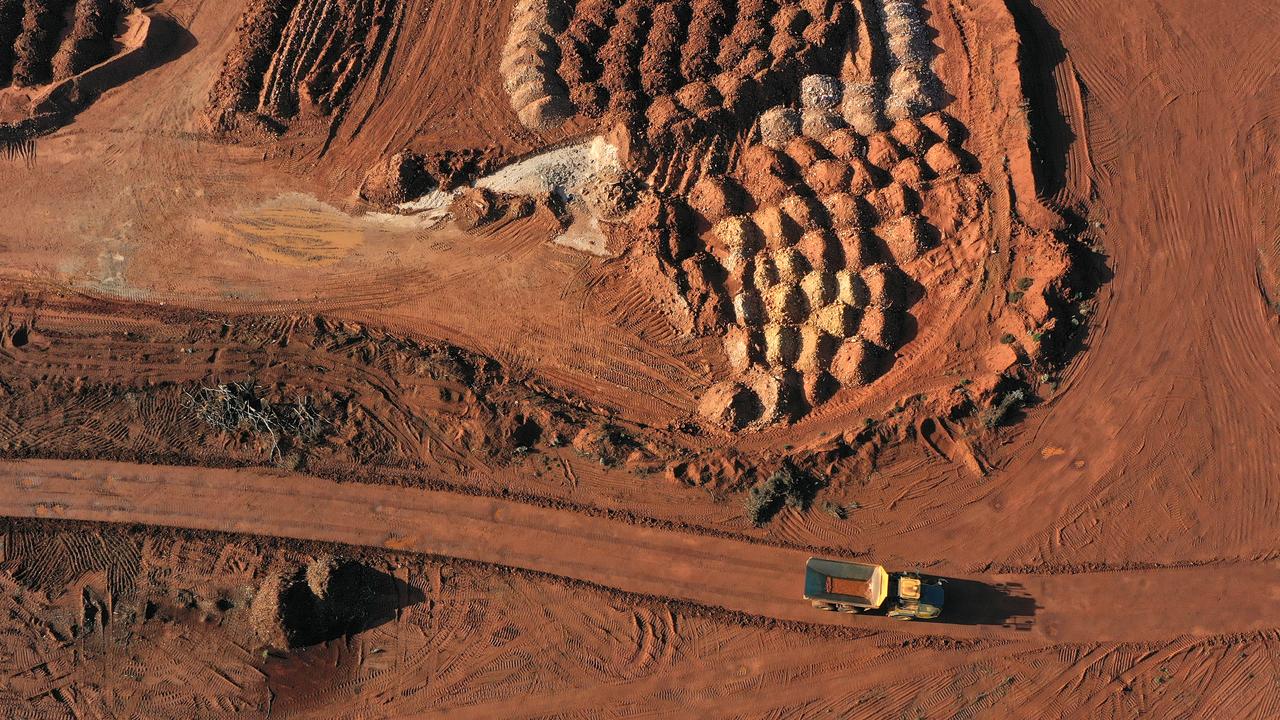
The fall in profits from Australia’s largest wine maker, once the biggest single corporate exporter of wine to China, is a reminder of the importance of the China market to some important Australian companies.
But TWE’s response to what looked like a body blow delivered by Chinese authorities in November 2020, when they imposed hefty tariffs on imports of Australian wine, has shown the potential of companies to reinvent themselves in the face of adversity not of their own making.
TWE reported a 7.5 per cent fall in net income to $109m for the six months to the end of December with its sales down 10 per cent at $1.3bn. Its earnings from mainland China slumped from $78.2m in the six months to the end of December 2020 to a minuscule $2.1m.
Tim Ford had only just taken over as chief executive of TWE when he heard the news.
His predecessor, Michael Clarke, had ridden the power of the China wave to deliver profit after profit for his company. Then it looked as if TWE’s biggest source of revenue – and potential – was over.
But Ford, a TWE veteran with extensive experience travelling to China, was not deterred.
Yes, the tariffs would be a blow for exports of wine from Australia.
But TWE already had plans to market its upmarket Penfolds brand into other countries.
Upmarket Chinese consumers, he knew, were rusted onto the Penfolds brand – so much so that there has consistently been an illegal trade in Penfold fakes in China, including wine with the label “Benfolds”.
The tariffs saw Ford accelerate plans that had already been in train or under discussion for some time.
As Wednesday’s results show, the impact of tariffs has significantly hit the company sales in China and its total profits in the short term.
But TWE has quietly started exporting Penfolds wine made in California to China and is planning to step that up with plans for Penfolds products made in France to be sent to China later this year.
While TWE built its reputation and base as an Australian wine producer, it has been reshaping itself as a portfolio of mid to up-market brands that may be made in Australia or elsewhere, including the US, France, South America and South Africa.
At the same time it has been exporting Penfolds from the US to China, TWE has also responded to the tariffs by making other cheaper brands such as Rawson’s Retreat in other countries.
When it was hit with news of the Chinese tariffs in November 2020, TWE already had a sizeable footprint in China, with a strong base in Shanghai.
Ford has retained that base, with Penfolds CEO Tom King based in the city running its most important brand, despite the challenges of Covid and closed borders coming on top of the tariffs.
While business has been down as it makes the transition, TWE has kept its footprint in China with King continuing to play a key role.
In short, TWE is playing a long game when it comes to China.
Relations between China and Australia continue to worsen and are set to get a lot worse between now and the May election.
But ties could change if Labor wins the election. All eyes among serious China watchers are on the potential of the new ambassador, Xiao Qian, who arrived from his post in Indonesia last month, to be a possible agent for negotiation of subtle change. In remarks issued on his arrival in Canberra, Xiao indicated he would like to get Australia’s ties with China “back to the right track”.
Xiao has the potential to play a key role in any reset of Australia-China ties if there is a change in mindset in Canberra and Beijing.
“The development of China-Australia relations is at a critical juncture, facing many difficulties and challenges as well as enormous opportunities and potentials,” he said in January.
The tariffs on Australian wine were imposed for a period of five years, officially starting on March 28 last year. It seems like a long time but for those playing a long game – as anyone doing business with China has to – it doesn’t mean forever.
From his base in China, King is continuing to have ties with Chinese customs as he outlined in the briefing for analysts when it emerged that illegal shipments of Australian wine were making their way over the border from Hong Kong to Shenzhen.
As Ford told me late last year, for TWE it was necessary to work out whether the tariffs were aimed at the company or whether they were aimed at Australian wine.
Its strategy is based on the accurate conviction that the tariffs are aimed at the latter.
King’s ongoing good relationship with the powerful Chinese customs agencies is a continued sign of that.
While it still has its eyes on China, TWE has shown its ability to reinvent and reshape itself by stepping up exports to Asia, the UK and Europe.
If anything, the China tariffs have helped to encourage the TWE global strategy.
TWE is also moving towards a more premium brand strategy, as evidenced by its reshaping of its portfolio in the US, where it has also been for a long time – dating back to 2000, when Foster’s Brewing bought the Napa Valley-based Beringer Wine Estates for $1.5bn, making it the largest wine company in the world.
Best known for Penfolds, it is pushing ahead with popular new brands such as 19 Crimes, which will be a key part of its future.
Sadly, there are many other Australian wine companies that have been hit by the China tariffs and have not had the same global capacity to reinvent themselves.
But those Australian companies still doing business with China – including Bubs, Fortescue and Blackmores – have learned to respond to changing market dynamics.
Ford was doing his best in the post-results briefing to put an upbeat spin on the results focusing on what TWE is doing to reinvent itself. This includes a shift towards more premium products and new brands and an expanded global production footprint.
TWE shareholders seemed to like what they heard.






Treasury Wine Estates’ results are a sharp reminder of two factors in terms of Australia’s dealings with China.